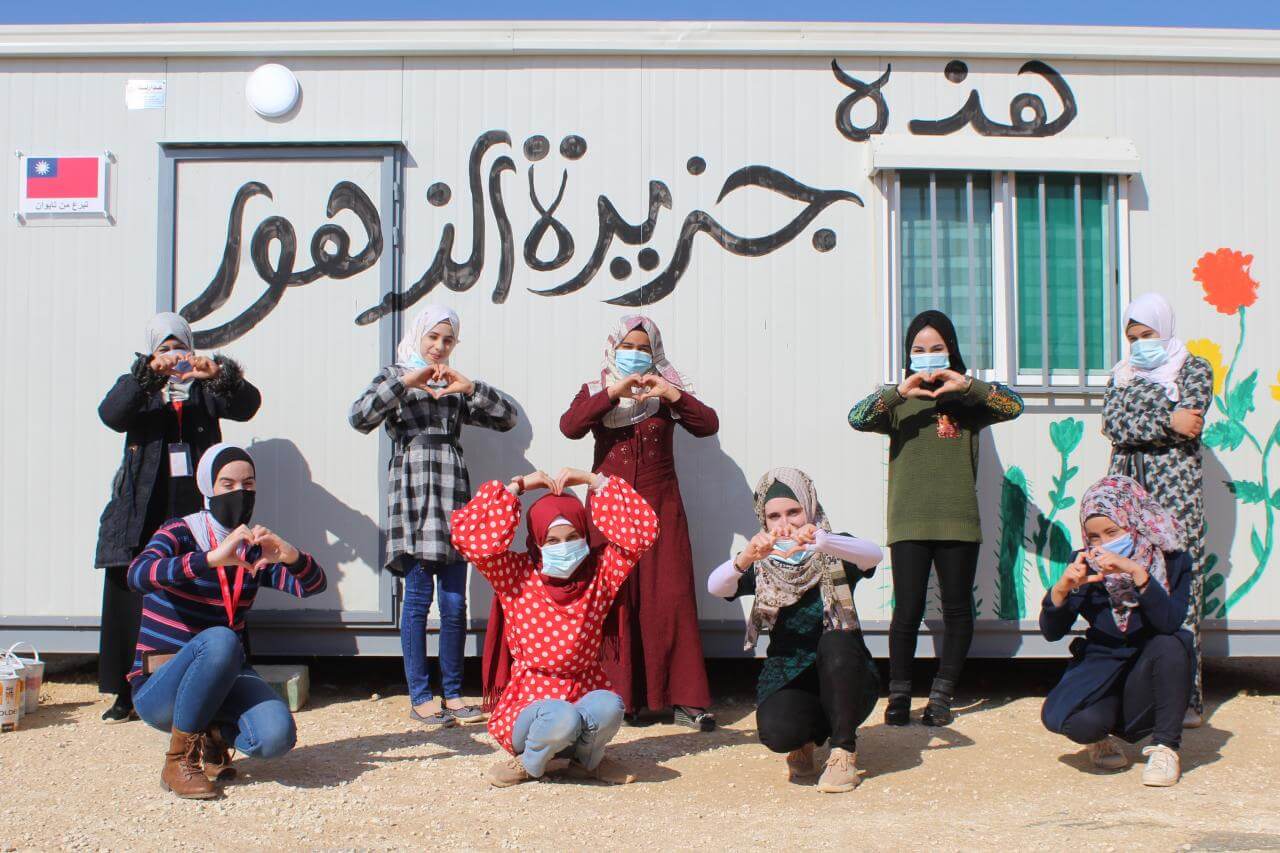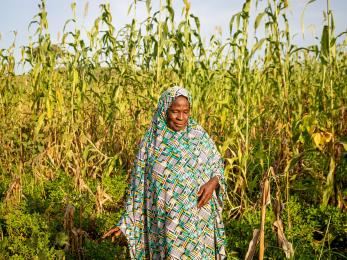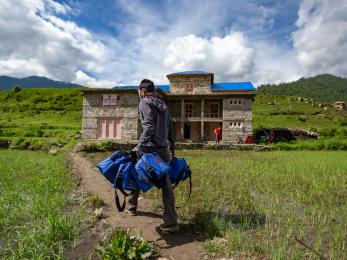COVID-19 Resilience Fund: 3 ways we’re supporting vulnerable communities
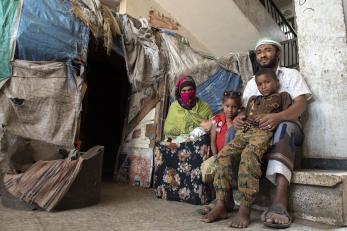
As the COVID-19 pandemic spreads rapidly, we are feeling the effects in our lives and around the world. People fleeing conflict, living in poverty, or without access to safety nets or healthcare are especially vulnerable to this pandemic. With cases of COVID-19 growing exponentially worldwide, it is critical that we act now to provide vital support to affected communities.
About the COVID-19 Resilience Fund
We urgently need your support to help communities prepare for and recover from the impacts of the Coronavirus pandemic.
The COVID-19 Resilience Fund will help provide emergency supplies, food, clean water, and urgently needed support to vulnerable families and communities during this crisis and beyond. We’ll be prioritizing three critical program areas:
1. Protecting public health
Mercy Corps is working tirelessly to help protect the vulnerable against the spread of COVID-19, leveraging our global reach and programs.
Our teams around the world are helping vulnerable communities protect themselves against infectious disease by providing access to safe water for personal and household hygiene, drinking and cooking; sanitary toilets and washing facilities; psycho-social support; and reliable information on reducing transmission, including advice around handwashing, social distancing, and infant and young child feeding and care practices. For example, in Northwest Syria, Mercy Corps is providing clean water and soap to families to help prevent the spread of the disease as much as possible in cramped and unsanitary conditions.
Mercy Corps is also tackling misinformation, using technology to scale reliable health information. In Pakistan, Mercy Corps is providing personal protective equipment and information on how medical teams and the public can protect themselves and reduce the spread of COVID-19.
Over 70 million people worldwide are displaced from their homes. For those forced to live in camps and settlements, the risk of COVID-19 is severe. We are committed to reaching them, wherever they are.
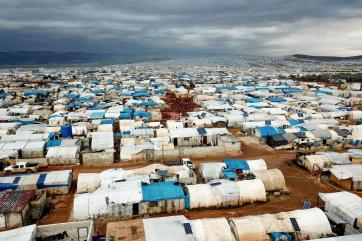
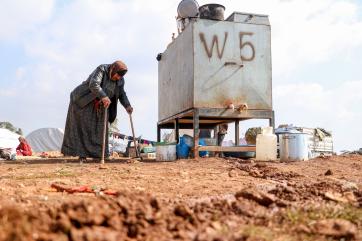
2. Meeting the urgent needs of families
As greater restrictions are placed on the daily interactions and trading that millions of people rely on to survive, Mercy Corps is supporting families and communities to meet their most urgent needs.
Cash is one of the quickest ways to help people recover when crises strike. Whether in the form of vouchers, pre-paid debit cards, mobile transfers, paper money or cash-for-work, cash directly supports people in the most efficient, sustainable and dignified way. Cash distributions also bridge the divide between emergency response and longer-term recovery, jumpstarting local economies and connecting people to financial services. Where local markets aren’t operating, Mercy Corps provides food and other essential supplies to those who need it most.
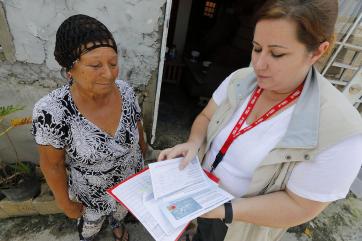
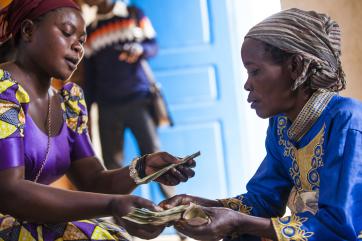
In Colombia, we’re adapting to safely deliver our emergency cash program. For new participants, we'll be distributing hygiene kits along with cash cards and piloting the use of mobile money.
3. Economic resilience and recovery
No country’s economy will be spared from the combined impact of the global recession, restrictions on movement and Coronavirus itself. We expect to see economic repercussions such as breakdowns in supply chains for basic needs and livelihoods, shortages and price inflation on critical products, disruptions to small businesses, rising unemployment, reduced access to markets for farmers, reduced consumer spending, and diminished international and regional trade.
The livelihoods of smallholder farmers, small business owners, and entrepreneurs are particularly at risk to the economic shocks of any crisis, and they are key to economic recovery.
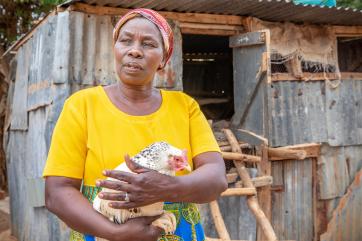
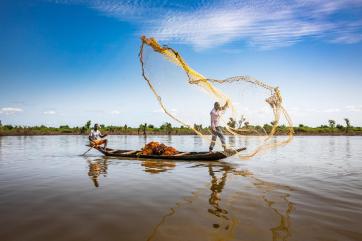
Mercy Corps partners with farmers around the world, providing access to markets, financial services, climate-smart agricultural tools, education around farming best practices, and market-based support during times of crisis. Mercy Corps’ teams will also support small businesses in the U.S. and globally to weather the impacts of COVID-19 and to resume operations by providing financial support, education, training and virtual mentoring, particularly for businesses that cannot access other resources.
In Oregon and Washington, we’ve fostered more than 2,500 businesses. Mercy Corps will provide small businesses in the Pacific Northwest with emergency cash grants to overcome devastating shocks to their business and income, and support the development of business continuity plans.
What your support will mean
COVID-19 is a rapidly evolving pandemic, the likes of which has not been seen in over 100 years. Mercy Corps has decades of experience working with vulnerable communities to overcome complex challenges, quickly adapting and employing innovative solutions in times of crisis to build long term resilience. This moment is no exception.
Mercy Corps is urgently seeking $25M to help the world’s most vulnerable people protect against COVID-19, meet immediate needs and prepare for the devastating impact of economic shock that will push people further into crisis. Donations to the COVID-19 Resilience Fund will be used where most needed to support Mercy Corps’ work providing assistance to communities facing crisis, including vulnerable people affected by COVID-19.
